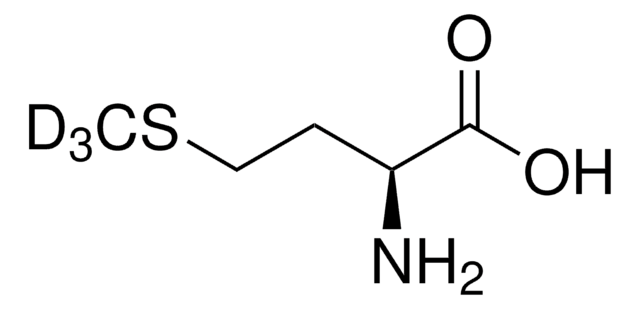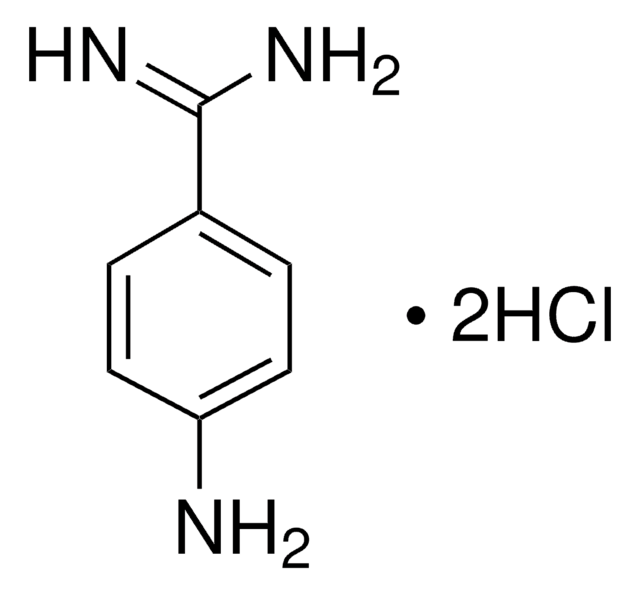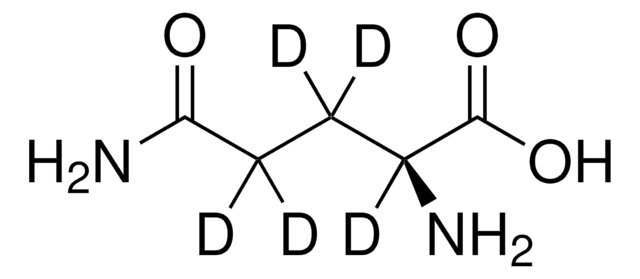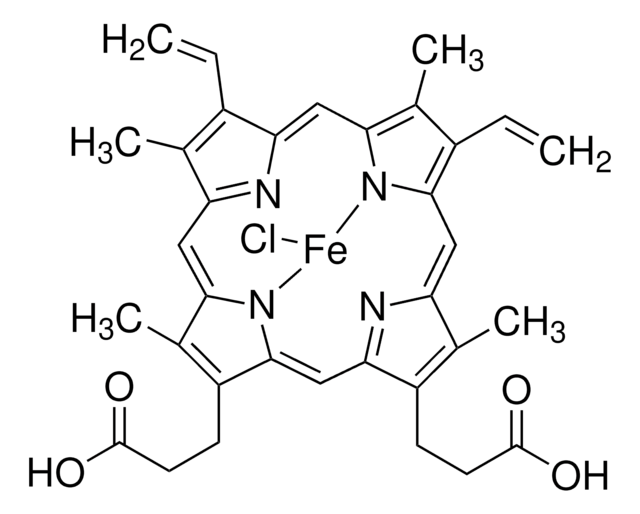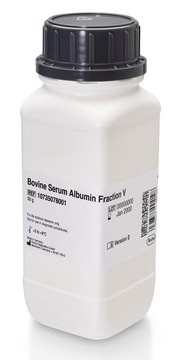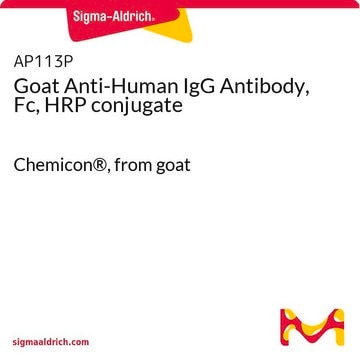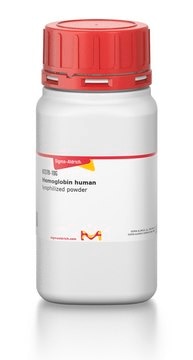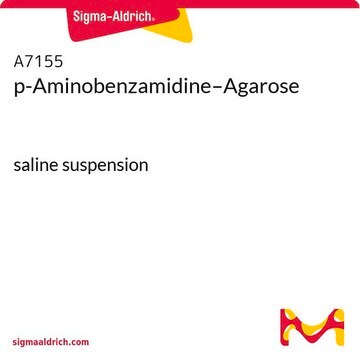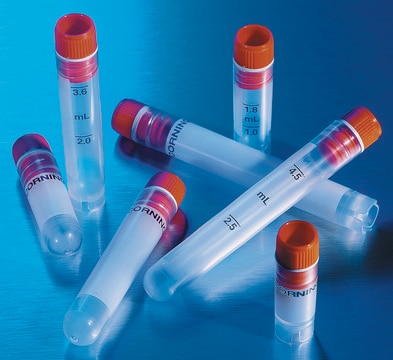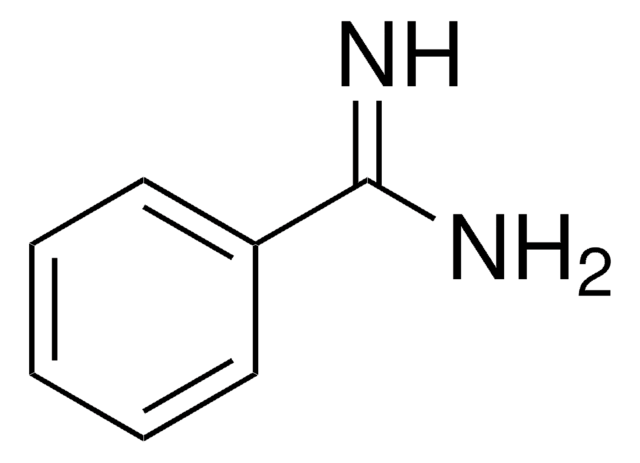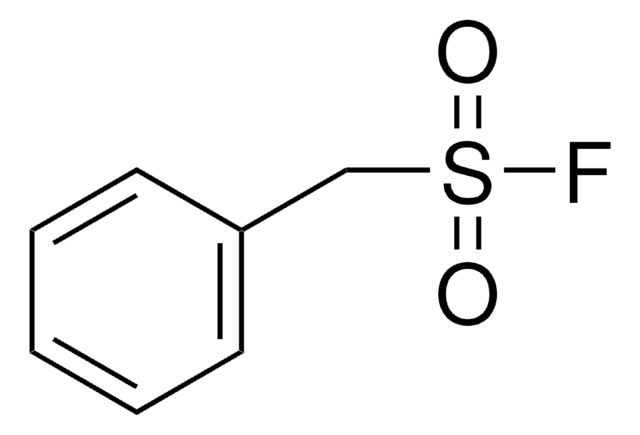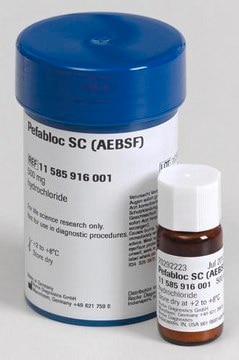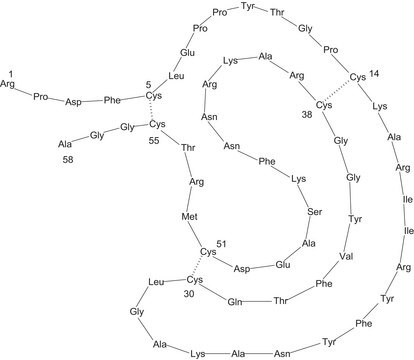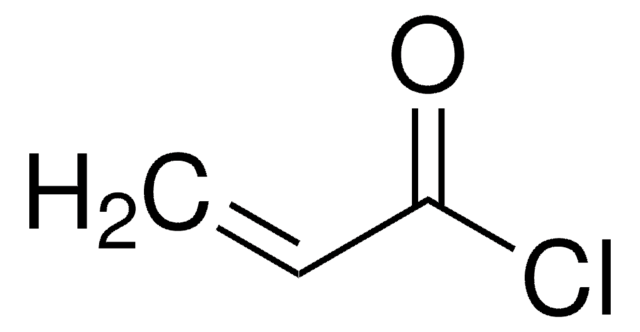06880
4-Aminobenzamidine dihydrochloride
BioReagent, suitable for fluorescence, ≥99.0% (TLC)
About This Item
Recommended Products
product line
BioReagent
assay
≥99.0% (TLC)
form
powder or crystals
mp
>300 °C (lit.)
fluorescence
λex >300 nm in H2O
suitability
suitable for fluorescence
storage temp.
2-8°C
SMILES string
Cl[H].Cl[H].NC(=N)c1ccc(N)cc1
InChI
1S/C7H9N3.2ClH/c8-6-3-1-5(2-4-6)7(9)10;;/h1-4H,8H2,(H3,9,10);2*1H
InChI key
GHEHNICLPWTXJC-UHFFFAOYSA-N
Looking for similar products? Visit Product Comparison Guide
Analysis Note
Other Notes
replaced by
wgk_germany
WGK 3
flash_point_f
Not applicable
flash_point_c
Not applicable
ppe
dust mask type N95 (US), Eyeshields, Gloves
Certificates of Analysis (COA)
Search for Certificates of Analysis (COA) by entering the products Lot/Batch Number. Lot and Batch Numbers can be found on a product’s label following the words ‘Lot’ or ‘Batch’.
Already Own This Product?
Find documentation for the products that you have recently purchased in the Document Library.
Customers Also Viewed
Our team of scientists has experience in all areas of research including Life Science, Material Science, Chemical Synthesis, Chromatography, Analytical and many others.
Contact Technical Service